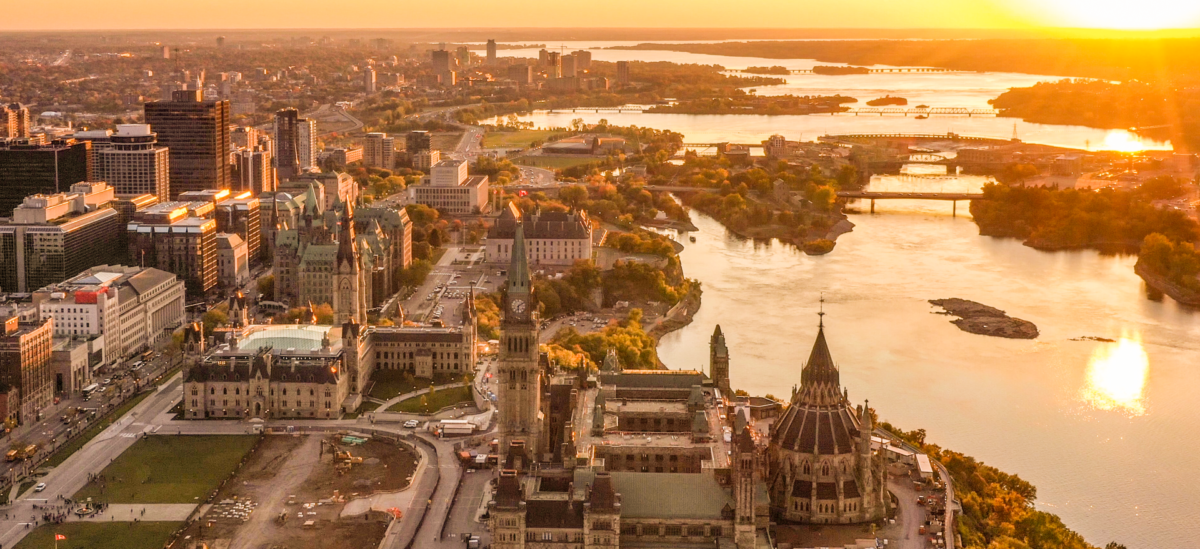Ottawa’s city budget fails to reflect our policy goals

We are a growing city. Our population is projected to grow 40% over the coming decades. The new Official Plan attempts to address how to accommodate that growth in a sustainable way. But we’re challenged when investment decisions at the budget table are in stark contrast to the objectives we set.
In 2020, the City of Ottawa declared a housing emergency. In the 2021 City Budget, the City allocated $15m to housing, but earmarked $171m for roads and sidewalks. Transit fares increased 2.5% in January 2021 continuing to make public transit in Ottawa one of the most expensive in the country.
Layered over all of this is a climate crisis. Since declaring a Climate Emergency in 2019, the City of Ottawa has earmarked less than 1% of the annual investment needed to address climate action. Based on Ecology Ottawa’s research, the 2021 budget allocated $140m for repair and new roads with less than $3m set aside for climate action.
A huge proportion of our infrastructure budget is new roads. Widening 3.4km of Strandherd has a price tag of more than $30m per kilometer, according to Brigitte Pellerin. We need to ask ourselves if spending hundreds of millions of dollars on roads is the right thing to do.
We have an infrastructure deficit of billions of dollars. This isn’t just roads, sewers and sidewalks, but social infrastructure, like parks, community centres and other social spaces.
Consider the alternatives.
If we funded transit and made transit free, it would cost the city about what we spend on roads in a year. Imagine the boost to community wellbeing, climate change and reduced traffic if transit was free, frequent and reliable.
We have over 15,000 people on waiting lists for affordable housing. As a city, we don’t contribute nearly enough funding to repair what we have, let alone keep pace with increased demand. We could address both housing affordability and affordable housing by choosing to invest in places for people. Investing in housing first saves money.
The city knows that there are 29 dangerous intersections for cyclists and that the majority of these are in the urban core where the lowest proportion of people own a car. These communities are important as the key places for 15 minute communities that the City is highlighting in the New Official Plan targeting walkable and bikeable communities as key to moderate density. But we choose road widenings instead of fixing these known problems.
The longer we defer investment in climate change, the more expensive the solutions become. Investing now means we save money in the long run, however it’s politically expedient to put this off to a future council. But this is our future we are pushing off. The decisions we make today have far reaching implications.
Are we prepared to continue funding an ever-expanding network of suburban roads, driving (literally) more traffic downtown? Should we develop a model of congestion pricing that encourages transit use, like London, UK did. Do we want to see a resulting drop in traffic, cleaner air and an increase in transit ridership? Or should we consider cancelling road widening projects like London ON recently did?
Soon we, the citizens of Ottawa, will be asked to consult on the upcoming budget. Once again, we’ll contribute our time to provide input to a budget that is largely set in advance and for which our dedicated efforts will, at the most, move the needle a fractional amount.
We need to see every budget expense through a climate lens.
We need see the value in investing in housing first. Providing homes and mental and physical healthcare to those in need saves money and is good for people.
We need to rethink how we invest in infrastructure so we get better value; that might mean spending fractionally more to create safer streets, better buildings, and resilient parks. We need to see that this investment is a step towards fixing decades of underinvestment that results in pages of horror stories. And this is a step towards better places to work and better places to play.
We need to rethink how our budget reflects the social needs of our growing city.
We need to rethink where we spend our tax dollars and what we can do to create the city we aspire to. Budgeting better means a better city; better use of our tax dollars means we create the social network we need for a growing city.
Toon Dreessen is president of Ottawa-based Architects DCA and past-president of the Ontario Association of Architects. For a sample of our projects, check out our portfolio here. Follow us @ArchitectsDCA on Twitter, Facebook, LinkedIn and Instagram.